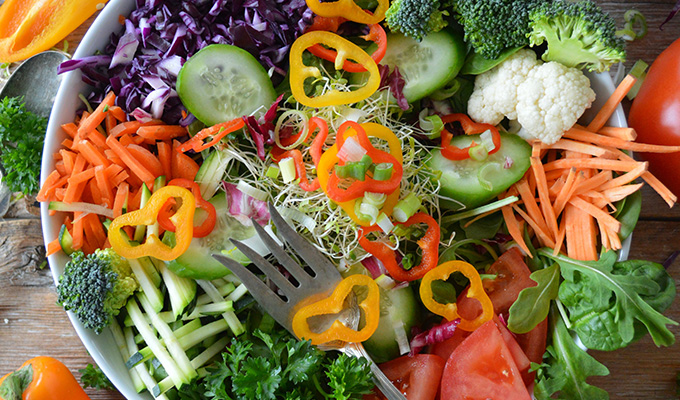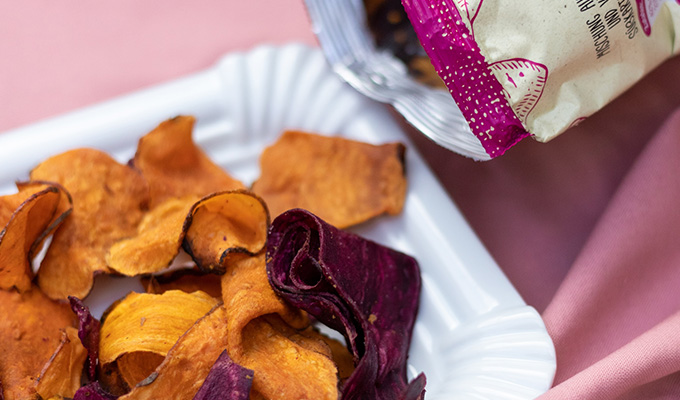We all know the story, a new year rolls around so we decide to start a new diet, only to find that any weight lost is soon put back on and the diet is unsustainable.
Diets are not the answer to sustainable weight management, no matter how hard some companies try to shove it down our throats. Losing and managing weight is not easy. It takes time, patience and dedication. Here are ten tips you can try at home to get you going on your sustainable weight management journey. The best part, you never have to diet again!!!
1. Portion control.
Serve your meals on a smaller plate moving forward. There is research to suggest that making a smaller plate look fuller can trick your mind into thinking it’s eating more. This means your less likely to go back for a second serving.
2. Eat smaller meals and more regularly.
When we eat, it creates a thermogenic process. It generates heat and energy and speeds up our metabolisms. Don’t leave too long between meals and don’t skip meals, including breakfast. Eating smaller meals and more often is a great way to keep the metabolism going.

3. Eat plenty of fruit and vegetables.
Generally, fruit and vegetables are very low in calories and saturated fats. They are also packed with fibre, which helps us stay fuller for longer. Make sure to load half of your plate at mealtimes with vegetables. When snacking, grab a handful of veggie sticks or a piece of fruit to keep you going.
4. Listen to your stomach.
Get in tune with your stomach, you might find that hunger isn’t the reason you’re heading to the cupboard or fridge for a snack, it might be boredom or procrastination that’s leading you there. Take note of your hunger cues and try to only eat when you genuinely feel hungry.
5. Don’t restrict any foods from your diet.
Banning foods will only make you crave them more, which is likely to end up with you binging on certain foods and then feeling incredibly guilty for doing so, often destroying any good intentions, or eating habits we had in place. Set yourself limits and enjoy all foods. It takes practice, but once you get there it means you can enjoy all foods in moderation.

6. Don’t stock a large amount of junk foods at home.
Definitely don’t ban certain foods all together, but it’s a good idea to limit the amount of junk food you have in your pantry or fridge. To avoid temptation, stock your pantry/fridge with healthier snacking options, such as fruit, nuts, dark chocolate, popcorn and rice cakes.
7. Cut down on alcohol.
Alcohol is very high in calories and very low in nutritional benefits. Try and limit your alcohol intake during the week as much as possible. Enjoy alcohol in moderation and when heading to an occasion, opt for a non-alcoholic beverage between drinks.
8. Eat slowly and mindfully.
Slow down when you eat. Enjoy your food, chew slowly and become aware of the textures and flavours of your food. Turn off the T.V and any distractions while you eat. Take breaks between each bite, placing your knife and fork down. Try and stretch your meal out over 15 minutes to allow your stomach to signal to your brain that you are full.
9. Enjoy plenty of slow-releasing carbohydrates.
Complex carbohydrates release energy slowly in the body over time. This means that we feel fuller for longer. It’s great because we are then less likely to snack or overeat unnecessarily.
Examples of these types of food include: quinoa, brown rice, wholegrain pasta or bread, sweet potato, rolled oats, nuts, eggs, chickpeas, barley, cheese and most fresh fruits and vegetables.

10. Drink plenty of water.
We can often mistake thirst for hunger. Try to drink 8 glasses of water a day if possible. Drink a large glass of water before you eat and at main meal times, as it can fill your stomach and result in eating smaller portions of food.
If you’re getting started on your weight management journey, incorporate one or two of the above tips weekly into your routine. Don’t attempt to take them all on at once, too many new routines can mean that we end up ditching them before we’ve really seen the benefits. It takes time to lose and manage weight for the long term, just as it takes time to put on weight. Take small steps and you’ll see the benefits over time, and be much happier for it.

